Optimizing Image Denoising using CNN and Bilateral Filter in MATLAB
Problem Definition
Image denoising is a critical task in various industries such as medical imaging, security, and photography, as it is essential to enhance the clarity and quality of images by removing unwanted noise. However, despite advancements in artificial intelligence and image processing techniques, the process of denoising still presents significant challenges. The current methods often lack efficiency and effectiveness in accurately preserving image details while reducing noise. This research project aims to address these limitations by utilizing a CNN pre-trained model and a bilateral filter to improve the denoising process. By integrating artificial intelligence into image denoising, the project seeks to develop a system that can achieve better results in noise reduction without compromising the image quality.
One of the key pain points in image denoising is the complexity and difficulty of implementing advanced algorithms for noise reduction. Existing software tools may require users to have a deep understanding of complex algorithms and coding, making it inaccessible to individuals with limited technical knowledge. Hence, the development of a user-friendly GUI interface will be crucial in ensuring that the denoising system can be easily utilized by a broader audience, including individuals without a background in image processing. By simplifying the user interface and integrating sophisticated algorithms into a user-friendly software application, this project aims to democratize the access to efficient image denoising technology.
Objective
The objective of this research project is to improve the image denoising process by utilizing a CNN pre-trained model and a bilateral filter to enhance the clarity and quality of images while reducing unwanted noise. The aim is to develop a user-friendly MATLAB GUI platform that can be easily accessed by individuals with limited technical knowledge, democratizing the access to efficient image denoising technology. By combining proven Artificial Intelligence techniques and implementing a systematic process within the GUI, the project seeks to optimize the denoising process and validate the effectiveness of the chosen techniques through comparisons with existing research papers.
Proposed Work
The proposed work aims to address the challenge of image denoising by utilizing Artificial Intelligence techniques such as the Convolutional Neural Network (CNN) and the Bilateral Filter. By developing a user-friendly MATLAB GUI platform, users can easily interact with the system and denoise images effectively. The rationale behind choosing these specific techniques is their proven effectiveness in image processing tasks. The CNN pre-trained model is capable of learning features from images, while the Bilateral Filter preserves edges while removing noise. By combining these techniques, the project seeks to optimize the denoising process and improve the clarity and quality of images.
Furthermore, the project's approach involves implementing a systematic process within the MATLAB GUI. Users can input an image with noise, specify the noise level, and run the denoising process using the CNN and Bilateral Filter. By following the steps outlined in an existing base paper, the project builds upon previous research to enhance the performance of the denoising system. By comparing the results with the reference base paper, the project aims to validate the effectiveness of the chosen techniques and make improvements where necessary. Through this comprehensive approach, the project strives to provide an efficient and user-friendly solution for image denoising using Artificial Intelligence techniques.
Application Area for Industry
This project can be utilized in various industrial sectors such as healthcare, manufacturing, surveillance, and automotive. In the healthcare sector, the denoising of medical images is crucial for accurate diagnostics and treatment planning. The proposed solutions in this project can help enhance the quality of medical images by effectively removing noise, leading to more precise medical analyses and diagnosis. In manufacturing, denoising images of defective products can improve quality control processes, reducing waste and increasing productivity. Surveillance systems can benefit from improved image quality for better object identification and tracking.
In the automotive industry, denoising images from vehicle cameras can enhance driver assistance systems, leading to improved safety on the roads. Overall, implementing the solutions presented in this project can result in increased efficiency, accuracy, and performance across different industrial domains by optimizing the denoising of images efficiently and effectively.
Application Area for Academics
This proposed project has the potential to enrich academic research, education, and training in several ways. Firstly, it addresses a critical issue in image processing by optimizing the denoising of images using a combination of a Convolutional Neural Network (CNN) pre-trained model and a bilateral filter. This can open up new avenues for research in the field of image denoising and artificial intelligence.
Furthermore, the project offers a practical application that can be used for educational purposes. Students in machine learning, image processing, and artificial intelligence can learn how to effectively denoise images using advanced algorithms such as CNN and bilateral filters.
This hands-on experience can greatly enhance their understanding of these concepts and their application in real-world scenarios.
In terms of training, the project provides a platform for students, researchers, and professionals to develop their skills in MATLAB programming, deep learning algorithms, and image processing techniques. By interacting with the user-friendly GUI interface, individuals can gain practical experience in implementing and optimizing image denoising processes.
The technology and research domains covered in this project include deep learning, image processing, and artificial intelligence. Researchers, MTech students, and PhD scholars in these fields can utilize the code and literature of this project for their work.
They can build upon the existing base paper on enhancing CNN for image denoising, explore new techniques for optimizing image denoising processes, and contribute to the advancement of knowledge in this area.
In conclusion, the proposed project has the potential to significantly impact academic research, education, and training in the fields of image processing and artificial intelligence. By exploring innovative research methods, simulations, and data analysis within educational settings, this project can pave the way for future advancements in image denoising and related technologies.
Reference future scope: In the future, the project could be expanded to include other advanced denoising techniques, such as deep generative models or reinforcement learning algorithms. Additionally, the system can be optimized to handle large-scale image datasets and real-time image denoising applications.
This would further enhance the relevance and applicability of the project in academic and research settings.
Algorithms Used
The Convolutional Neural Network (CNN) is utilized, a deep learning algorithm that can take in an input image, assign importance (learnable weights and biases) to various aspects or objects in the image, and differentiate one from the other. In combination with the bilateral filter, a non-linear, edge-preserving, and noise-reducing smoothing filter, the project optimizes image denoising.
The proposed work involves creating a MATLAB GUI to interactively allow the use of the image denoising process. The developed system utilizes a Convolutional Neural Network (CNN) pre-trained model and a bilateral filter to denoise an image. Users can select an image from a standard dataset and specify the level of noise in it.
Then, they can run the image through the system that follows a process—adding noise, applying the CNN pre-trained model and bilateral filter—to finally denoise the image. The project also draws upon and enhances an existing base paper on enhancing CNN for image denoising. This forms the basis for further improvements in the system.
Keywords
SEO-optimized keywords: image denoising, noise removal, CNN pre-trained model, bilateral filter, MATLAB GUI, convolutional neural network, artificial intelligence, deep learning, noise reduction, image processing, denoising system, standard image dataset, user-friendly interface, noise level specification, Leena's image, PSNRIK32, add noise, enhanced image, improved CNN, interactive denoising process
SEO Tags
image denoising, image processing, convolutional neural network, CNN, bilateral filter, noise reduction, deep learning, artificial intelligence, pre-trained model, MATLAB GUI, research project, PhD, MTech, research scholar, enhanced image, standard image dataset, Leena's image, PSNRIK32
| Shipping Cost |
|
No reviews found!














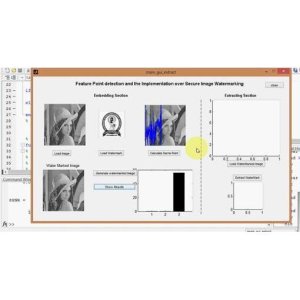

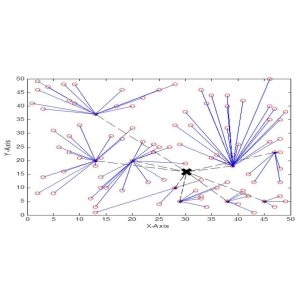
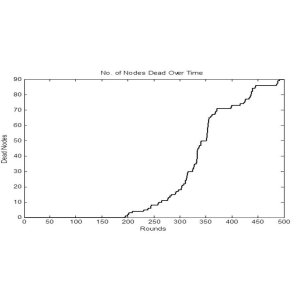
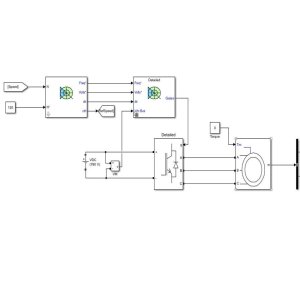
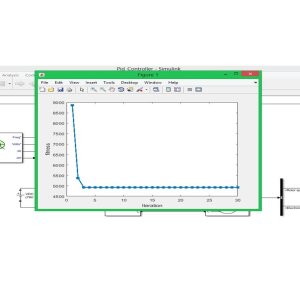
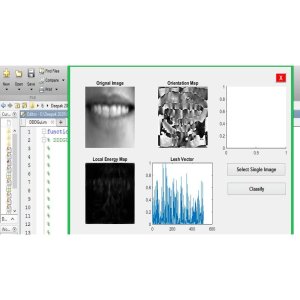
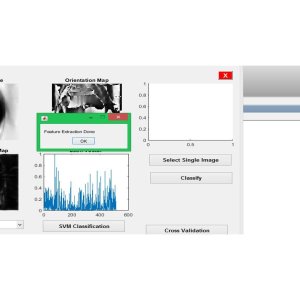































No comments found for this product. Be the first to comment!